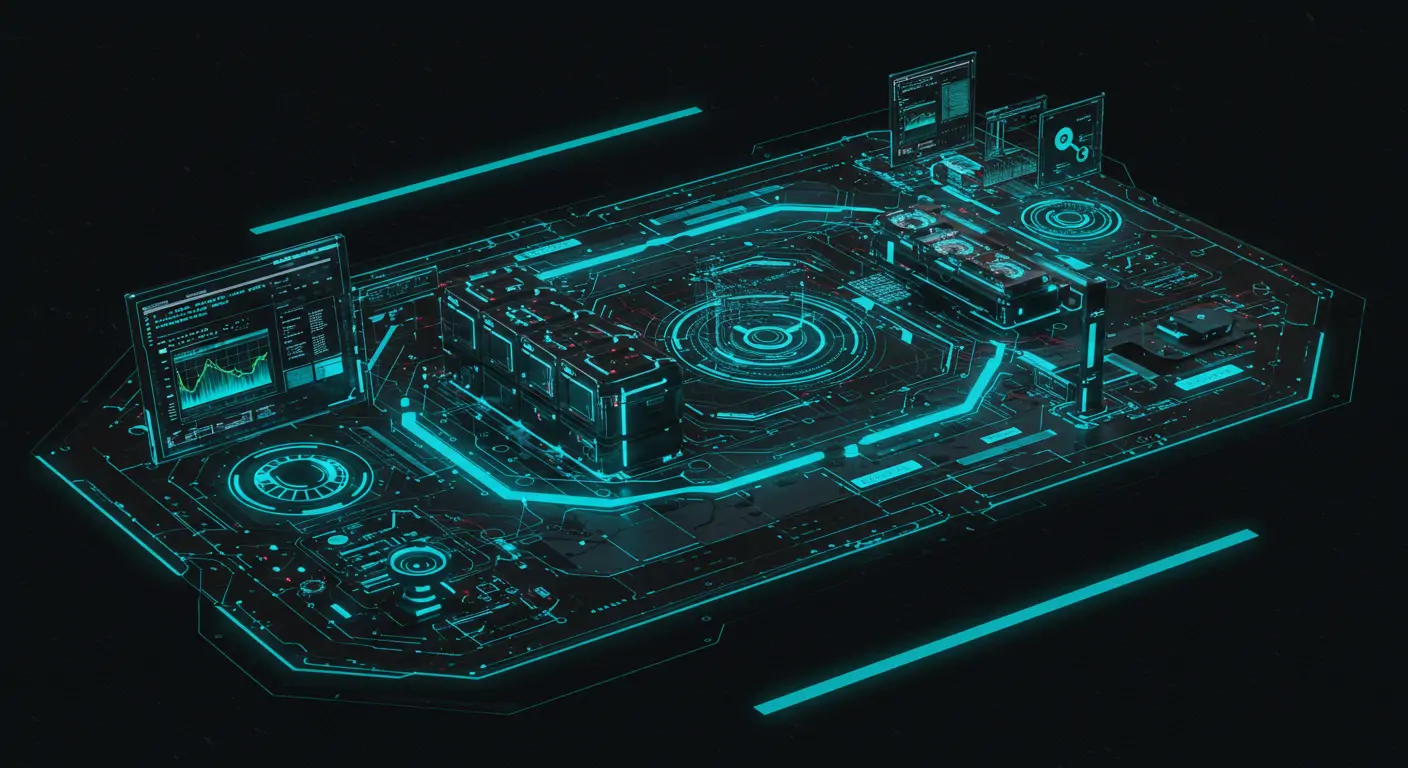The New Reality: Transforming Drug Discovery with Generative AI
In early 2025, a groundbreaking study revealed that generative AI reduced drug discovery timelines by 50%, offering a lifeline to an industry plagued by high costs and long development cycles. This innovation is redefining the biotech landscape, especially for pharmaceutical companies striving to stay competitive. Drug developers, researchers, and investors are all deeply affected by this shift, which promises to accelerate the journey from lab to market.
Read time: 10 minutes
Industry Shift: Current State of Biotech in 2025
In 2024, Pfizer announced the integration of generative AI in its R&D processes, resulting in a 30% increase in efficiency. Similarly, Genentech reported a 40% reduction in drug formulation costs. The global generative AI market in biotech is projected to reach $10 billion by 2025, driven by these advancements. Traditional methods, often bogged down by labor-intensive processes, are quickly becoming obsolete as AI solutions offer faster, more accurate alternatives.
Key Drivers: Catalysts of Change
Driver 1: Technological Advancements
The exponential growth in computational power and machine learning algorithms has enabled more sophisticated AI models. By 2025, AI systems are capable of simulating complex biological processes, leading to more precise drug designs.
Driver 2: Economic Incentives
With the cost of new drug development averaging $2.6 billion, companies are under pressure to find more cost-effective solutions. Generative AI offers an attractive ROI by cutting costs and increasing the success rate of new drugs.
Driver 3: Regulatory Support
Regulatory bodies like the FDA are beginning to adapt, providing guidelines for AI-driven drug discovery, which encourages more companies to invest in these technologies.
Real-World Impact & Case Studies
Case Study 1: Moderna
Moderna utilized generative AI to optimize mRNA sequences, significantly reducing trial times. Their COVID-19 vaccine updates in 2024 benefitted from a 25% faster development process, demonstrating AI's impact on rapid response capabilities.
Case Study 2: AstraZeneca
In 2025, AstraZeneca employed AI to discover a new cancer treatment, reducing preclinical research time by 18 months. This breakthrough underscored AI's potential to speed up life-saving research.
Industry Implications
For Developers
- Learning AI programming and bioinformatics becomes essential.
- Opportunities in AI model development for biotech increase significantly.
For Businesses
- Strategic partnerships with AI firms provide a competitive edge.
- Faster drug development leads to quicker market penetration.
For Investors
- Vast opportunities in AI-focused biotech startups.
- Consider risks associated with rapid technological adoption.
Challenges & Criticisms
Despite its promise, generative AI in drug discovery faces skepticism. Critics argue about the ethical implications of AI-driven decisions in healthcare. The risk of over-reliance on technology, potential biases in AI algorithms, and data privacy concerns present significant challenges that must be addressed.
Future Outlook: What's Next
In the next 6-12 months, expect more partnerships between tech giants and pharmaceutical companies. Over the next two to three years, AI-driven precision medicine could become the norm, with AI-designed drugs leading to personalized treatments. Companies should prepare by investing in AI infrastructure and talent acquisition.
Frequently Asked Questions
- How does generative AI differ from traditional AI in drug discovery?
- What are the main barriers to adopting AI in biotech?
- Are there any successful AI-developed drugs currently on the market?
- How does AI impact the cost of drug development?
- What regulatory changes are supporting AI in biotech?
Conclusion: Key Takeaways
- Generative AI is significantly reducing drug discovery timelines and costs.
- Major biotech companies are adopting AI, leading to competitive advantages.
- Developers, businesses, and investors must adapt to the changing landscape.
- Ethical and regulatory challenges need addressing to ensure AI's safe integration.
To learn more, explore AI courses in bioinformatics or read case studies on AI in healthcare.




